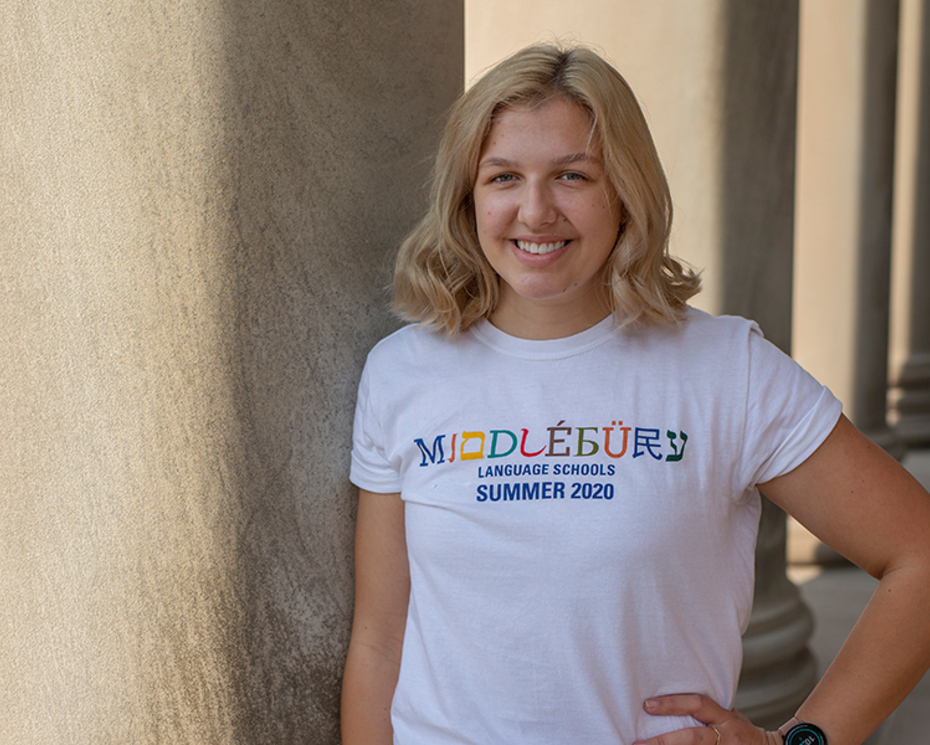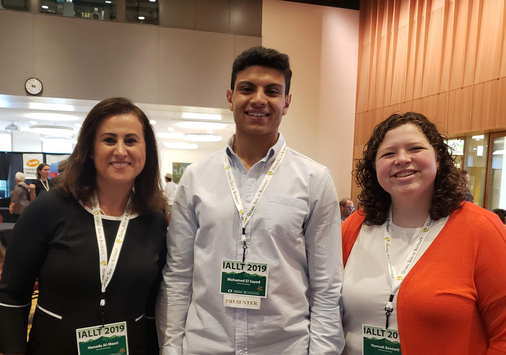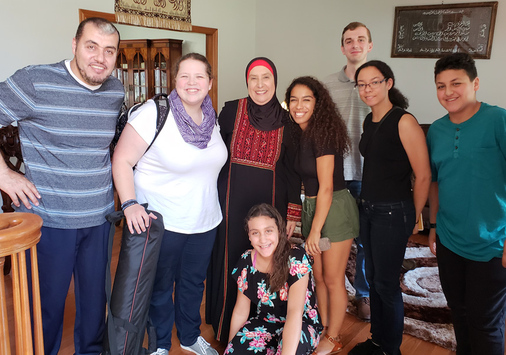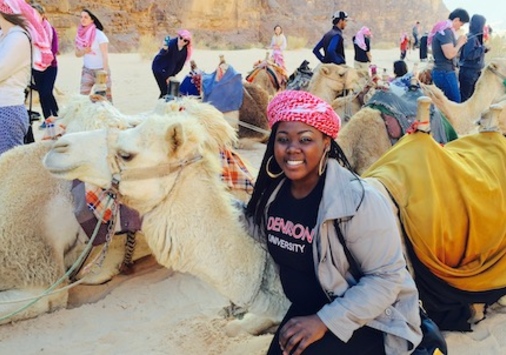About
Mission Statement
Educated people spend their lives pursuing growth in political, social and intellectual freedom. One kind of intellectual freedom requires us to break away from the notion that our native language is the most natural and apt means of expressing the full range of human experience. An education can start with the discovery that all words are purely conventional devices. They are nonetheless tools that stir emotions, articulate ideas, and establish relationships with others. Learning another language contributes to our education by intimately exploring cultural and linguistic concepts that broaden our understanding of what it means to be human in today’s world.
Our basic courses offer the opportunity to begin acquiring the skills and knowledge necessary for the eventual mastery of a language. When students take full advantage of that opportunity, they can use the target language in all subsequent courses. The department emphasizes the use of the target language in most of its courses because students can best appreciate another culture from within its own mode of expression.
With a view toward career opportunities, the department encourages integrating language study with a variety of other academic areas, such as history, philosophy, international studies, environmental studies, biology, economics, politics and public affairs, global commerce, global health, and English. Courses in cultural studies and literature, aside from their intrinsic worth, also present multiple perspectives on other cultures and areas of intellectual experience.
A student who wants to spend a summer, a semester, or a year abroad with programs approved by Denison should consult members of the department and the Center for Global Programs (see Off-Campus Programs). On-campus opportunities to improve command of the language are provided by language tables, international films, club meetings, and similar activities sponsored by the department. There are also subsidized field trips to museums and pertinent activities in cities across the country, and in some cases international travel.
Reasons To Learn Arabic
Tourism
Experience the richness in cultural attractions (archaeological, historical and religious sites); the great climate for tourism: sea, sand and mountains, the miraculous wonders of the world… are all reasons attracting tourists to the Arab World
Politics
Interested in working for the UN or the government? Learn Arabic! The Arab World is one of the most politically-dynamic regions in the world; with new events unfolding every day. Learn Arabic and get an insider’s, first-hand, and independent view of the Arab street, writings, media, and policies.
Society and Culture
Learn the language and the culture of over 350 million people living in twenty two Arab countries. Be introduced to the diverse culture and traditions of the Arab society from Africa to Asia.
Arts and Music
Learn Arabic and get an insider’s view of the rich and vast music traditions and arts of the Arab World.
History
Did you know that the Arab and Islamic world was an intellectual center for science, philosophy, medicine and education during the 8th – 13th Centuries preceding the European Renaissance? Learn Arabic and learn about the rich history of the Arab world. Learn the language of the land that holds several of the most ancient civilizations of world, in Egypt, Syria, Iraq, and North Africa.
Religion
Did you know that the Arab World is the cradle of the three major monotheistic religions; Islam, Christianity and Judaism? Learn the language of the Qur’an, and gain a better understanding to the role of faith in the history and in the people’s every-day’s life of the Arab World.
Business & Economics
Did you know that the US-Arab-World trade is around $100 billion dollars per year? Learn Arabic and learn the culture and the proper business etiquette of your future potential clients and partners in the Arab World.



